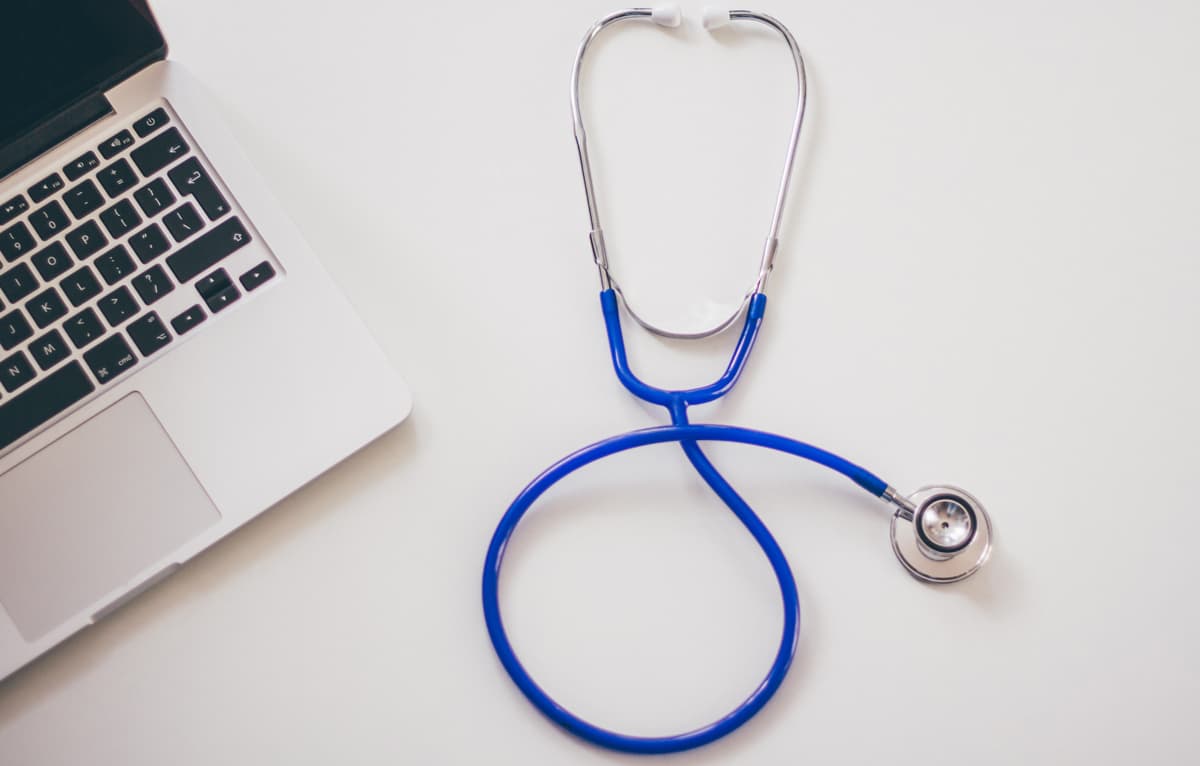3 minute read
Annual medical check-ups are an essential part of staying healthy. They allow you to catch any health problems early on when they are often easiest to treat. Annual check-ups for children are crucial, as they can help identify potential issues and ensure that your child is on track developmentally. This blog post will discuss the essential annual check-ups for you and your children. We will also provide tips on making the most of your visit to the doctor!
1) Annual physical exams
Everyone should have an annual physical exam, regardless of whether or not they feel sick. Many health problems do not have symptoms in the early stages. During a physical exam, your doctor will check your height, weight, blood pressure, and other vital signs. They will also ask you about your medical history and any changes in your health since your last visit. Your doctor may also order tests, such as blood work or a urine test. These tests can help to identify any underlying health problems.
Make sure to schedule your annual physical exam at least a month in advance to get an appointment with your regular doctor. If you don’t have a regular doctor, you can search for one on the American Academy of Family Physicians website.
2) Hearing tests
Hearing tests are essential for both adults and children. If you have never had a hearing test, or if it has been more than five years since your last one, you should schedule one at your next annual check-up. Hearing loss can happen gradually, so getting your hearing checked regularly is crucial.
An audiologist will measure how well you can hear different sounds of various pitches and volumes during a hearing test. They may also ask you questions about your hearing history and any changes you have noticed in your hearing. If you have any concerns about your hearing, bring them up during the test!
If a hearing professional does identify hearing loss, there are many options available to help improve your hearing, including hearing aids and cochlear implants. Your audiologist can help you find the best solution for your particular needs.
3) Vision tests
Vision problems are common, especially as we get older. For this reason, it is essential to have your vision checked regularly. If you have never had a vision test, or if it has been more than two years since your last one, you should schedule one at your next annual check-up.
An ophthalmologist or optometrist will measure how well you can see objects of different sizes and distances during a vision test. They may also check for any changes in your eyesight since your last visit. If you have any concerns about your vision, bring them up during the test!
If you have trouble seeing, many options are available to help improve your vision, including glasses, contact lenses, and surgery. Your ophthalmologist or optometrist can help you find the best solution for your particular needs.
These are just a few of the essential annual medical check-ups that you and your family should consider. Of course, every individual’s health needs are different, so be sure to discuss any concerns with your doctor. They can help you create a personalized plan for staying healthy and catching any problems early on.






